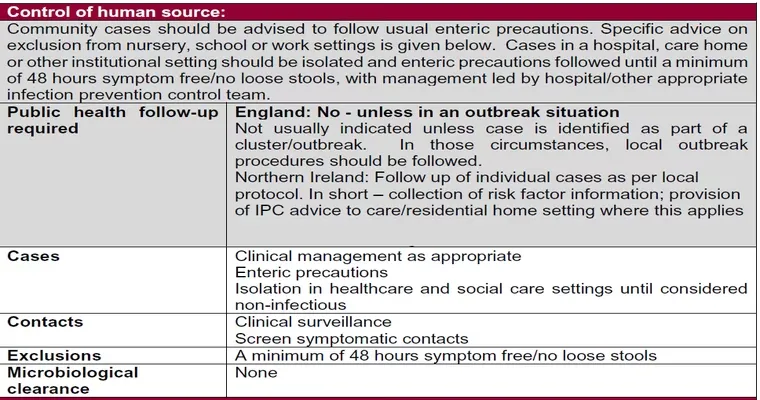C.Difficile, a bacterium responsible for severe intestinal infections, poses a significant threat in nursing homes due to the vulnerable population residing there. Understanding the risks of "C.Difficile infections", implementing effective "infection control measures", and promoting "antibiotic stewardship" are critical steps in managing this health concern. If you or a loved one is in a nursing home, being informed about C.Difficile can help in preventing outbreaks and ensuring a safer environment.
Understanding C.Difficile
C.Difficile, or Clostridium difficile, is a spore-forming bacterium that can cause symptoms ranging from mild diarrhea to life-threatening colitis. It often emerges after the use of antibiotics, which disrupt the normal gut flora, allowing C.Difficile to overgrow. In nursing homes, the close quarters and shared facilities can facilitate its spread, making it essential for caregivers, families, and healthcare professionals to be vigilant.
Recognizing Symptoms
Awareness of the symptoms of C.Difficile infections is crucial. Common signs include:
Watery diarrhea
Abdominal cramps or pain
Fever
Nausea and loss of appetite
If any of these symptoms are observed in a nursing home resident, prompt medical attention should be sought to minimize complications.
Infection Control Measures
Effective "infection control measures" are paramount in preventing the spread of C.Difficile within nursing homes. Here are some essential practices:
1. "Hand Hygiene": Regular handwashing with soap and water is vital, especially after using the restroom or caring for someone who is infected. Alcohol-based hand sanitizers are less effective against C.Difficile spores.
2. "Isolation Protocols": Residents diagnosed with C.Difficile should be placed in isolation to prevent transmission to others. This may involve using private rooms or designated areas within the facility.
3. "Cleaning and Disinfection": High-touch surfaces and shared areas should be regularly cleaned and disinfected using EPA-approved products effective against C.Difficile spores.
4. "Proper Waste Disposal": Ensure that any contaminated materials, such as diapers or bed linens, are disposed of properly to prevent spore spread.
Antibiotic Stewardship
Promoting "antibiotic stewardship" is crucial in minimizing the risk of C.Difficile infections. This involves:
Avoiding unnecessary antibiotic prescriptions
Educating healthcare providers about the risks associated with antibiotic overuse
Monitoring antibiotic use within the facility to ensure appropriate prescribing practices
Educating Staff and Families
Education is key to preventing C.Difficile infections in nursing homes. Staff should receive training on:
Recognizing C.Difficile symptoms
Implementing infection control protocols
Understanding the importance of hand hygiene
Families can also play a role by asking questions about infection control practices and ensuring their loved ones receive the best possible care.
Conclusion
C.Difficile infections in nursing homes can have serious consequences for vulnerable populations. By understanding the risks, recognizing symptoms, and implementing effective infection control measures, families and caregivers can help protect residents. Promoting antibiotic stewardship and educating staff and families further enhances the safety of nursing home environments. If you suspect a loved one may be at risk, do not hesitate to reach out to healthcare professionals for guidance and support.





